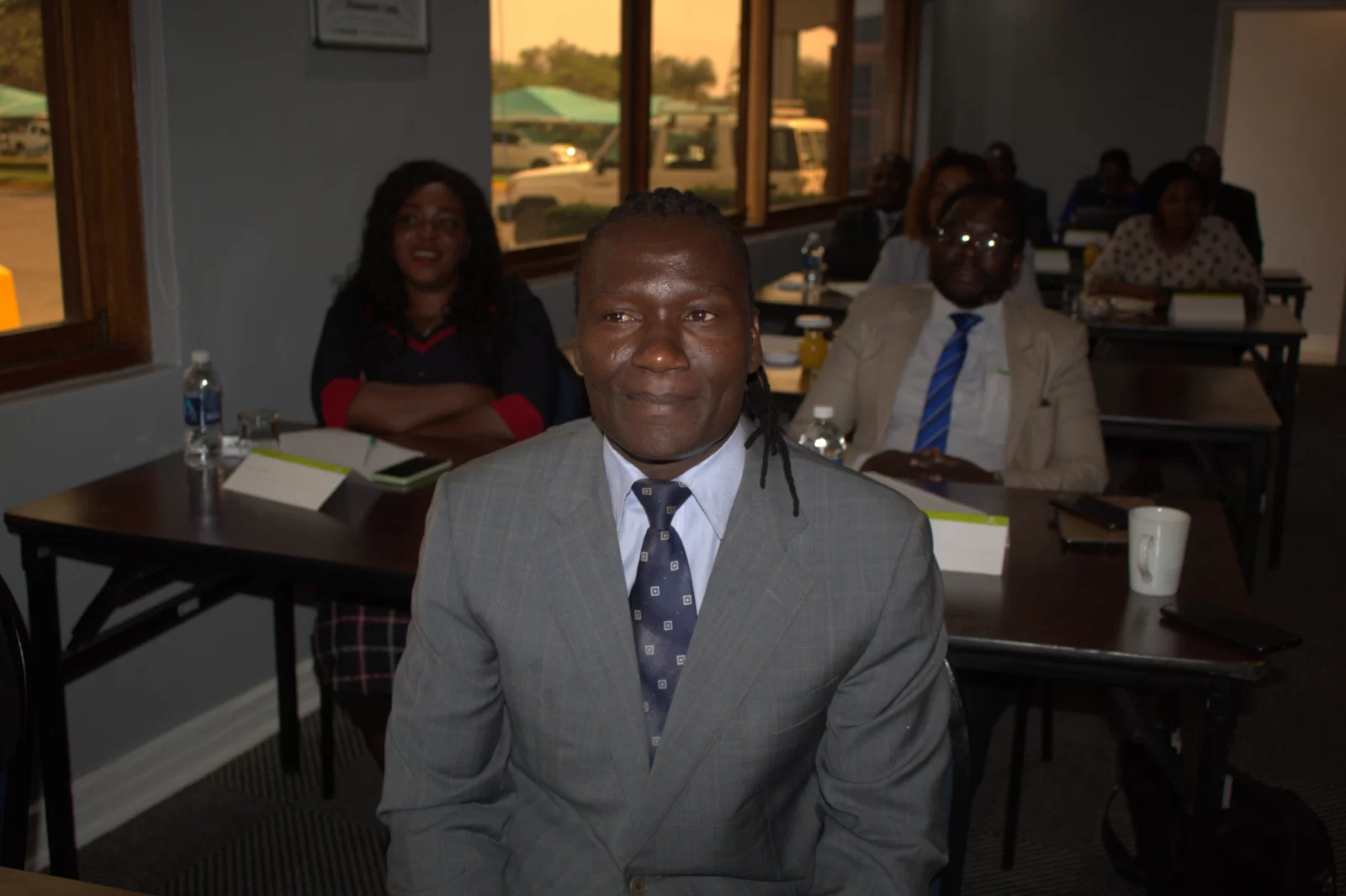The impact of tax incentives requires parliament scrutiny, Chidakwa

The Parliament of Zimbabwe needs to monitor and evaluate the impact of tax incentives as these hidden public expenditures deserve equal Parliamentary and public scrutiny as much as direct budget allocations, Chairperson of the Zimbabwean Caucus of the African Parliamentary Network on Illicit Financial Flows and Taxation Hon James Chidakwa said.
Sophia Takuva
Many mining companies in Zimbabwe like Great Dyke Investment, and Prospect Lithium Zimbabwe, among others, are listed under special economic zones (SEZ) where tax incentives schemes are included. The mining community has been raising red flags that tax incentives given to some mining firms will bleed the country of its much-needed foreign currency.
Speaking at the Zimbabwe Environmental Law Association (ZELA)‘s Champion MPs Capacity Building Programme with Zimbabwe Parliament Caucus on IFFs and Taxation Chidakwa said the country was confronted with a discourse of growing public demand for basic services such as health, education, water, power, food to mention a few. Therefore, optimizing public revenue, efficient and effective allocation and public spending is a necessity.
“How are we monitoring and evaluating the impact of tax incentives and are we doing a cost-benefit analysis? These hidden public expenditures deserve equal Parliamentary and public scrutiny as much as direct budget allocations. Apart from overly generous tax incentives, what are we doing to curb base erosion and profit shifting, aggressive tax planning by corporates and the wealthy to avoid paying a fair share of taxes in Zimbabwe despite generating substantial income from our economy? With festering informality, criminality, and corruption, how are we priming our role as Parliament to crank pressure on the executive to deliver on optimal tax revenue mobilization? While we focus on domestic initiatives to curb illicit financial flows, we must not lose sight of the big picture, the inequitable and sustainable global financial architecture that benefits developed countries as the primary destination for IFFs from Africa,” Hon Chidakwa said.
Chidakwa said, “Shifting focus from tax to debt. Do we need debt to finance public expenditure? Developed countries massively rely on debt to fund public expenditure, USA and Japan, are classic examples. Zimbabwe is facing a debt sustainability crisis. Debt servicing obligations, if honoured, will significantly thin much-needed investment in health and education. Think about it, allegedly US$70 million facilitation fees for the loan for Plumtree to Forbes border post highway, the Chinese loan from collateralization of platinum resources. The linkage between debt and IFFs is fundamental in that toxic and hidden debts, their repayment, exorbitant borrowing costs, and the principal, are a tax burden on future generations, thereby posing a huge threat to intergenerational equity, an important constitutional principle of public financial management. Transparency, public participation, and accountability, just like tax revenue, should underpin debt governance in Zimbabwe,” he concluded.


